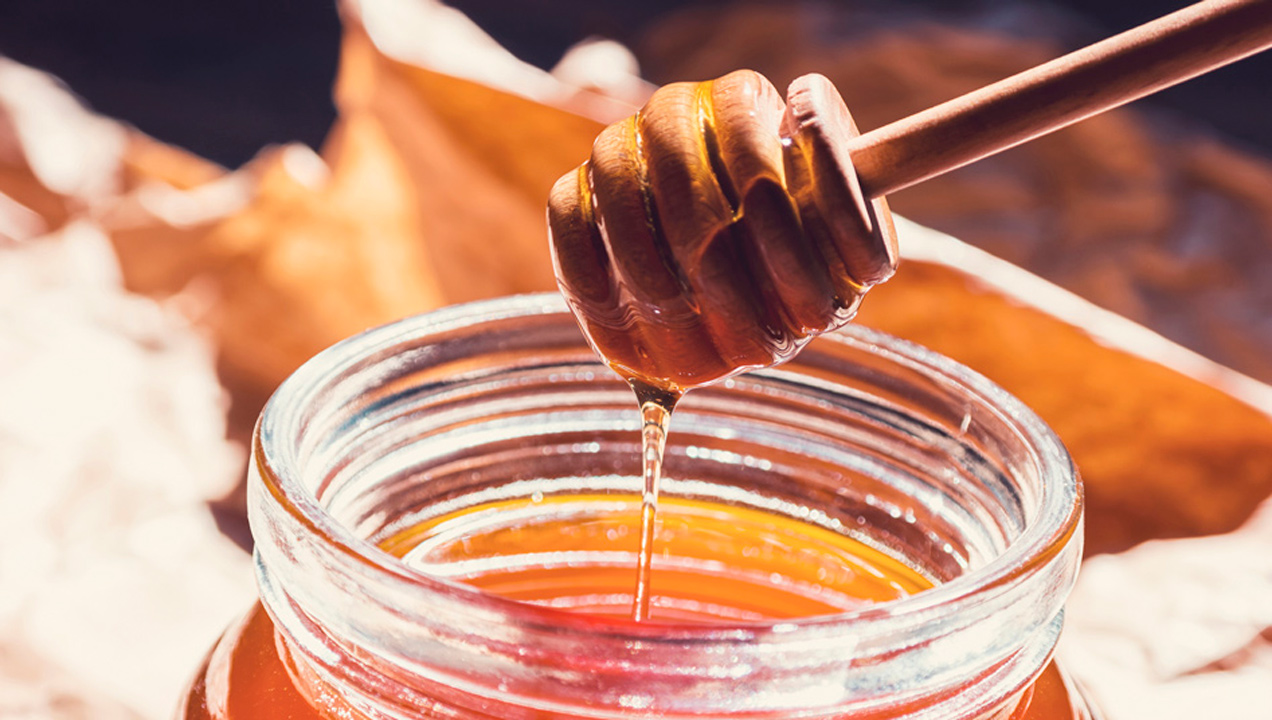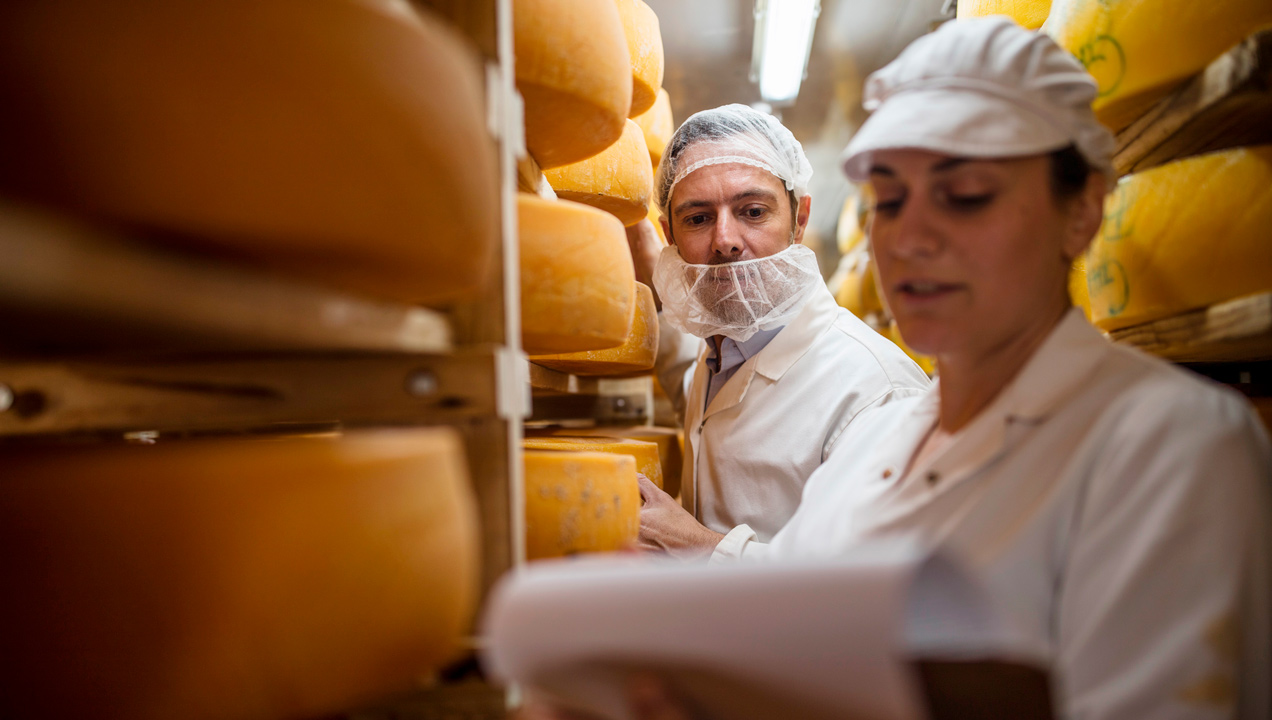
Quality
Strict standards and quality controls, from farm to fork, guarantee only high quality European food and beverages reach the Japanese market. Top level farming practices and cutting-edge production and processing methods also make sure that the EU products that you consume are of the highest quality. The clear labels on products enable consumers to know the precise ingredients, but also where they come from.
The European Union protects and promotes the traditional methods used to produce them. The labels identify products as authentic, of high quality and compliant with strict safety standards.

Authenticity
The wide diversity of soils, climates and cultures in the European Union result in a unique variety of food and drinks. European food and beverages are rich and authentic because they are often created following traditions that date back centuries, and by artisans with particular know-how. They match perfectly with authentic Japanese ingredients in a dish.
The European Union labels food and drinks with details about the place where they were produced, so that consumers can make an informed choice. Protected Designation of Origin (PDO) products, Protected Geographical Indication (PGI) and EU organic label products have certified links to the region where they were produced and enjoy a special protection because of that.

Safety
From the fields where they come from to the shopping basket, the European Union applies strict health and safety standards for the production, processing and preparation of EU food and beverage products. Because the EU checks everything, from pesticide use to packaging, the consumers in Japan can enjoy European Union-labelled food products with total peace of mind.
EU food safety is founded on 4 principles:
- Animal health - Sanitary controls for animals make sure that diseases, when they occur, are closely monitored and treated; the movements of farm animals are logged, so each animal can be traced
- Plant health - Pests and eradication of pests ensure healthy seeds and plants
- Food hygiene - All food businesses, from farms to shops and restaurants must comply with strict EU food legislation
- Contaminants - The EU imposes maximum acceptable limits for contaminants in animal feed and food

Sustainability
The European Union (EU) is committed to foster more efficient and sustainable food production systems. Its ambitious environmental targets for farming and food production set to be achieved by 2030, aim to place EU’s environmental and sustainable food production standards to one of the highest in the world, along with its food safety standards.
These are:
- achieve at least 25% of the EU’s agricultural land under organic farming
- reduce by 50% the overall use and risk of chemical pesticides and hazardous pesticides
- reverse biodiversity loss
- reduce nutrient losses while ensuring no deterioration in soil fertility
Europe is already a global leader in agricultural biotechnology (organic alternatives for fertilisers, etc) and in various food product categories, European producers use much less energy for their production than those in comparable countries, leading to fewer energy-related GHG emissions and much sustainable food production.